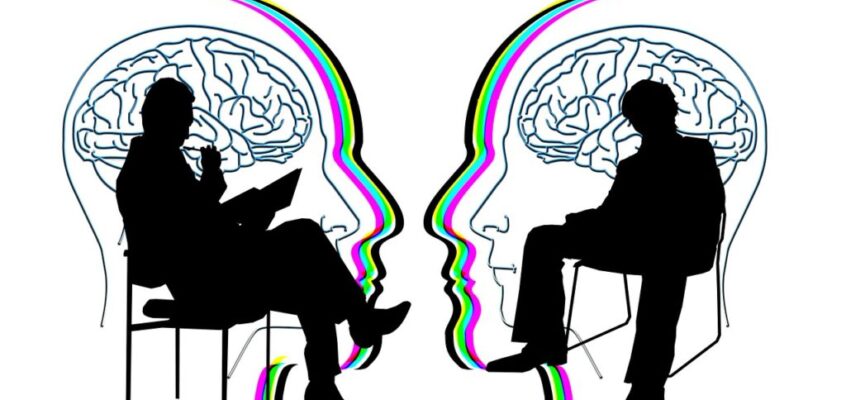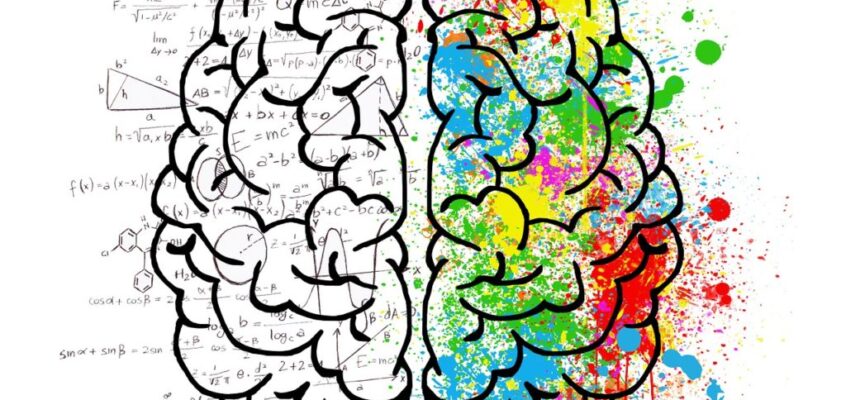Does ADHD Shorten Life Expectancy?
Does having ADHD put you at higher risk of dying prematurely? Recent research suggests having ADHD can significantly shorten your life. Dr. Russell Barkley, an ADHD expert, has cast this as a serious public health issue that needs to be addressed through better education, evidence-based treatment interventions and lifetime monitoring. The importance and urgency of addressing ADHD as a public health concern have become higher as more children are diagnosed with ADHD.












